Hi people!
Last month, I was invited to help judge this year's Linux Game Jam. After being a participant last year and having a bunch of positive outcomes from my submission, I was both excited and honoured to accept the role.
In addition to playing, assessing, and giving feedback on all 34 submissions to this year's event, I also rolled up my sleeves and pulled together some interesting stats and observations, along with interviews with participants and organisers for a nice, meaty Cheese Talks article, which you can read in full over here.
I know you're busy though, so here are some of the most interesting bits and pieces!
Noteworthy Submissions
There were a lot of fun submissions this year, but these 10 stood out to me as particularly interesting. In the full article, you can find more detailed thoughts/critiques on each, as well as interviews with most of these developers about their experiences.
- Audible Dribble (murks) - use your voice to control the shape of the floor and bounce a ball into a box
- ENDUSER (Samsai, Tumocs & Tuubi) - use parts of your body to interact with the environment instead of abstract verbs in a traditional text adventure with a surreal sense of humour
- KILLALL (Willbl3pic) - fast paced melee combat in an abstract glitch world
- Laser Temple (alesegdia) - move totems onto pressure plates in a retro puzzle game with a nice CGA palette
- The Lord of Sands (Michael Miriti) - take on a cute fat desert demon in a polished low res bullet hell game
- Project AL (ObsidianBlk) - explore neon environments and overcome movement challenges in a retro styled platformer
- Siege Trooper (Compulsive Studios) - traverse the environment by "rocket jumping" in a 2D platfomer
- Two-Button Knight (Vladar) - use combinations of two buttons to control a range of attacks, blocks and dodges in a side-on fighting game
- VING (ErikProW) - fulfill a variety of increasingly difficult (and surprising) challenges in a fantasy top down shooter
- Wereshift (Clipsey & Shramper) - use your werewolf transforming abilities to survive the night and/or kill villagers in a side scrolling stealth/combat game with constant health drain
Code and Tools
Participants were encouraged to (though not required to) release source code for their submissions under a F/OSS licence. The most popular licence this year was the MIT licence, used by 35% of submissions with source available. 27% of submissions with source available (the graph below includes titles with no sources available) used GPL version 2 or version 3. A further 23% of submissions with source available didn't include any kind of identifiable licence terms. The remainder were spread between the Apache License 2.0, 3 clause BSD, CC BY-NC-ND and WTFPL.
The most popular languages used by participants this year appears to be driven primarily by their choice in technology. The three most prominently used languages (GDScript, Lua, and C#) correspond directly to the three most prominently used engines (Godot, Löve, and Unity, in order of popularity).
That said, these only account for 53% of submissions, C and Python occupying the middle ground and a remaining 24% spread between C++, Haxe, Java and Nim.
It's also worth noting that four submissions made use of middleware/engines previously created by their developers, including API2 (a framework written in C used for VING), Nimgame 2 (an engine written in Nim used for Two-Button Knight), Polyplex (an engine written in D used for Wereshift) and Pydler (an engine written in Python used for ENDUSER).
Cheer, Exchanges, Signal Bounce and XO all effectively used their own project-specific engines, either using lower level libraries or creating all of their functionality from scratch using languages' base APIs.
Final Thoughts
This year's event had notably fewer submissions than 2017, and I suspect this mostly had to do with the short lead time on the jam's announcement. That said, the game still managed to attract a lot of less-experienced developers, and that's always a positive thing! Not only that, but I recognised a bunch of names from the GamingOnLinux community among this year's participants, including GOL editor and streamer Samsai, and long-time readers like Smilex, Tumocs and Tuubi.
Next year's jam already has a date set (April 20th), and a jam page, so anybody interested in participating can start planning for it now!
I've spotted a number of developers who have decided to continue developing their submissions into stronger, more fleshed out games, so keep an eye out for more from the likes of Laser Temple and Wereshift in the future!
It was particularly interesting to see the distribution of languages/engines/tech across this years' submissions. Godot, Löve, and Unity are all solid/mature/usable enough to be production-ready for developers on Linux. While that's been clear to some of us for a long time, seeing them prominently used in game jams means increased visibility for these projects and more developers growing their skills with them, and those are two of the most positive outcomes that I can think of for an event like this.
Thanks to everybody who participated, and to those who answered questions for the full article. I'm looking foward to seeing what people come up with next year! :D
However, seems I have to hurry up and finally polish up and release my old jam game WAAAA [External Link] now that clones of it start to appear :D Here it is in action. [External Link]
Last edited by dos on 4 Jun 2018 at 1:34 pm UTC



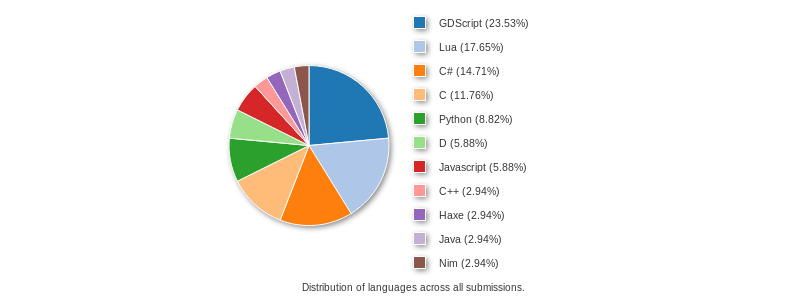
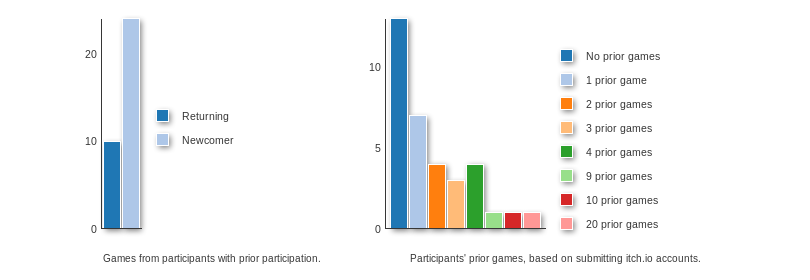
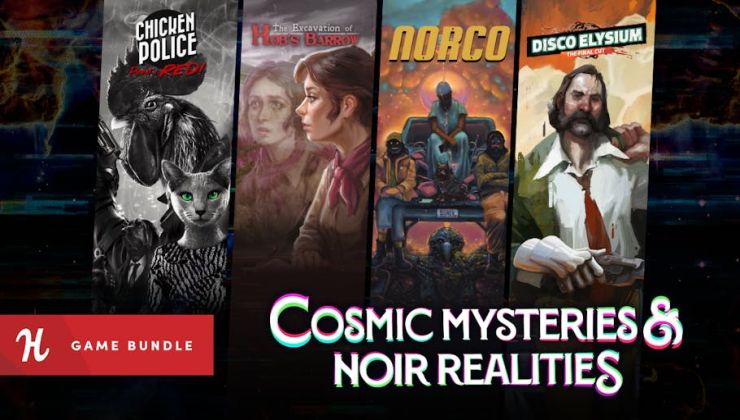
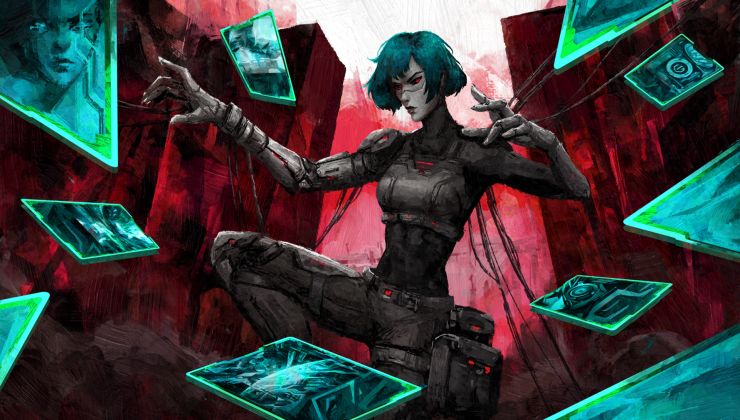

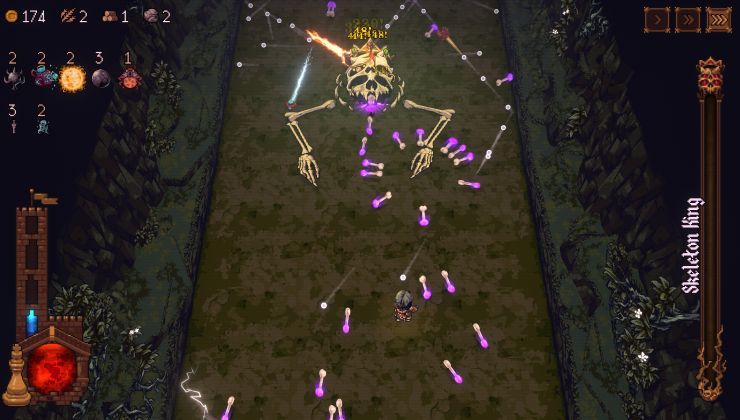

 How to setup OpenMW for modern Morrowind on Linux / SteamOS and Steam Deck
How to setup OpenMW for modern Morrowind on Linux / SteamOS and Steam Deck How to install Hollow Knight: Silksong mods on Linux, SteamOS and Steam Deck
How to install Hollow Knight: Silksong mods on Linux, SteamOS and Steam Deck